There are, he believed, two essential pillars of American democracy: one the “sanctity of the law” and the other the “freedom of the press.” If either pillar is shaken, damaged or undermined, he warned, then so too is our democracy.
This was the judgment of Edward R. Murrow, the iconic CBS newsman who hired me in 1957. It was the subject that absorbed him, that both fascinated and frightened him—the “fragile” nature of American democracy. Time and again, he would return to it, always with questions, one building on another.
This was understandable. Murrow had covered the rise of fascism in Germany in the 1930’s. How could democracy have caved to fascism, he would ask, in a country that seemed so rooted in Western values? How could a Hitler have emerged in the heart of a civilized Europe? How could rational thinking have so easily and dramatically succumbed to irrational ranting? How?, he kept asking. How?
More than once, he told me, he had agonized about these questions with an old friend, an Oxford don. After a while, both reluctantly concluded that democracy, while glittering and appealing, was at its core a fragile enterprise, dependent on an almost unnatural social and political cooperation between ruler and ruled. Unnatural, they thought, because it was so unusual. They also concluded that this cooperation rested on an assumption (questionable at best) that the two pillars of democracy—the sanctity of the law and the freedom of the press—would always remain demonstrably firm, enduring and reliable. For if one of these supporting pillars of democracy weakened, its steadiness of resolve suddenly shaken, its durability left open to doubt, then questions would logically arise about whether the structure itself had been damaged—and how badly? Did the guardrails assuring a solid legal system and a free press hold, considering the political crisis eating away at the foundations of American democracy? Or might they too crumble under this unrelenting pressure?
Let us assume for a moment that the respectable duo of a pioneering journalist and an Oxford don were asked to examine the impact of the Trump era on American democracy. Was it so profound that it weakened the underlying structure of American democracy, thus possibly opening the door to a populist authoritarianism? Or, was it just a very scary time that, with care and wise political leadership, would pass, as did the Civil War and the McCarthy era? For answers, Murrow and the don felt they would first have to examine the “sanctity of the law” before turning to the “freedom of the press.”
Very quickly, they would notice that lawyers loyal to the former president exploited the legal system to file dozens of lawsuits aimed at overturning election results in several key states. Their efforts so far have failed, and a number, including Trump lawyer Rudy Giuliani, may soon lose their license to practice law in certain states. Election audits, lengthy and costly, have been launched in some states, also designed to overturn election results. Most audits have been dismissed; a few continue. Several states have attempted to rewrite election laws in a clear effort to limit minority voting, which, if successful, would be a major assault on a fundamental of American democracy. Some of these legal efforts have failed, but they continue and remain an underlying challenge to the American legal system.
Also, the multi-faceted corruption of the Trump administration, especially William Barr’s embarrassing tenure as attorney general, uncorked a shame that still hovers over the Justice Department and shoots clouds over the entire legal system.
So has the “sanctity of the law” been undermined? Yes, they would probably conclude. But does the legal system still function? Yes, it does, to a limited extent. The guardrails of the American legal system have held.
Now, to the issue of “freedom of the press,” a delicate and essential ingredient of democracy, without which there could be no democracy. Who, for example, would be positioned to speak truth to power? For Murrow and the don, “freedom of the press” has always been the guarantor of freedom. Remove it, or whittle its essence down to meaningless clichés, and freedom slips out of the window of democracy on only a slight breeze.
That was why former President Trump’s early and repeated attacks on journalists as “enemies of the people” who “poison” the public well with “fake news,” represented such a powerful and enduring blow to democracy. Wittingly or not, he played on the fact that American journalism was experiencing serious problems anyway, and he exploited them. For decades, it was losing the trust of the American people, and it now ranks last in trustworthiness among people in 46 countries. The Internet challenge hurt its bottom line disastrously, sending one-quarter of American newspapers into bankruptcy. Fox cable news has risen to challenge and compete successfully with the remaining news outlets, setting one large part of the media at war with the other part not only for commercial profits but also over the very definition of truth. Without a common understanding of truth, how are the American people to decide on the authenticity of politicians and their policies? Journalism still functions courageously in America, but it faces daily challenges of enormous consequence. Murrow used to say that it was no surprise that autocrats, on their rise to power, seek first to contain and control the media; the rest was easy.
If the journalist and the don agreed that the guardrails held on the “sanctity” of the American legal system, though with serious reservations, they could reach no such agreement on “freedom of the press,” which many students and practitioners believe has suffered devastating setbacks in recent years. There are still major newspapers and networks doing superb daily journalism, never an easy feat, but even these news outlets have lost the trust of many Americans. Restoring that trust is possible but difficult, and in the current political climate maybe impossible.
It is comforting to believe that American democracy, though weakened, will bounce back. It has always been considered something special, promised a glorious life by God, gifted founders and geography. Politicians claim, though with diminished credibility, that the country is “resilient.” No one should ever bet against America, they say. Even after the Civil War, we recouped our energy, drive and determination, and we can do it again, so the optimistic argument goes.
But if we are to be honest with ourselves (and now is a perfect time to start), let us recognize that nowhere in the voluminous parchments of history is it written, or is it assured, that a political undertaking, whether it be democracy or authoritarianism, is assured a lifetime measured in millennia.
Alexander’s adventures carried Greece to the edge of China, but then, with his death, his accomplishments faded and folded. The Roman Empire had its moment in the sun, as did Napoleon have his. The Bolsheviks launched a revolution, and Hitler had a Third Reich. All assumed they were destined for eternal rule, but all collapsed in a dark valley of corruption, greed and decadence.
American democracy is different, no doubt. Hopefully, it can overcome its current difficulties, recover its rigor and remain a beacon of hope, light and freedom for people everywhere. But if Murrow and his Oxford don are right, the American people must now come up with the means and determination to restore the “sanctity of the law” and the “freedom of the press” to their former positions of respect, honor and popular acceptance, no easy task even in more generous times.
Then and only then will American democracy have proven that it is still capable of creating and sustaining political miracles.
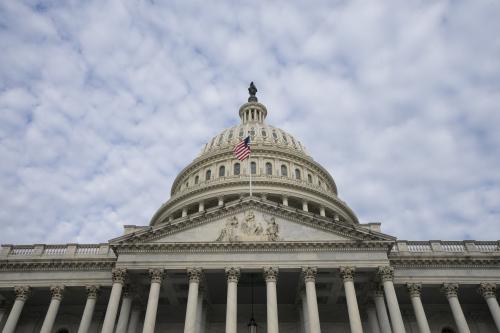
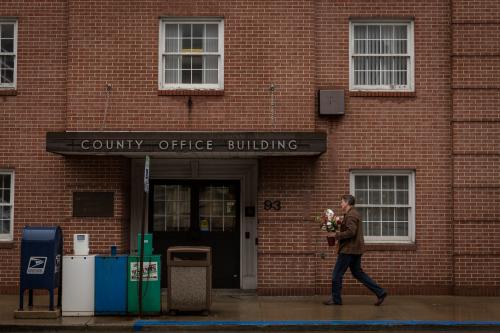
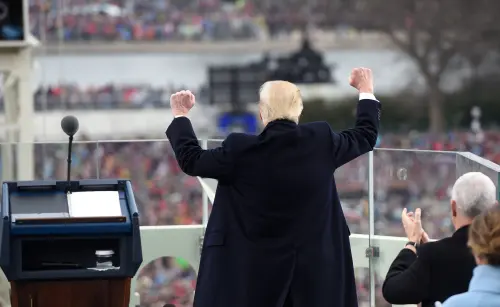

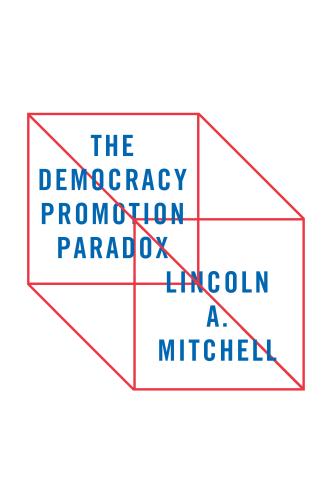
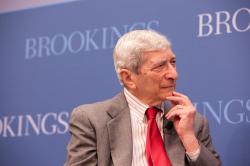



Commentary
The shaky pillars of American democracy
July 22, 2021